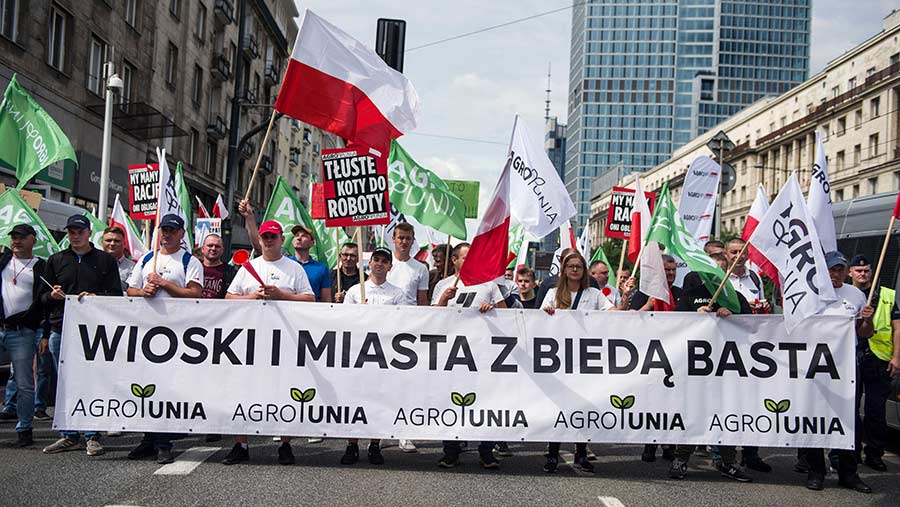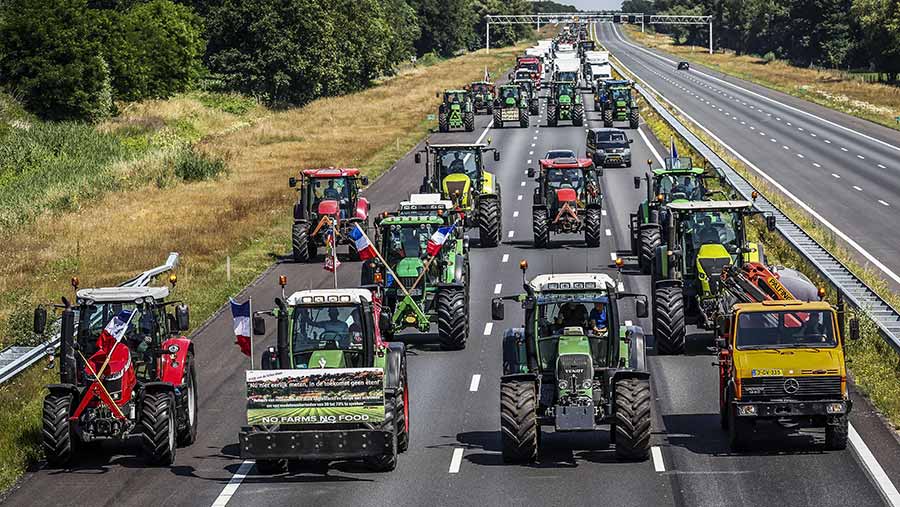Dutch farmers have been protesting ever since the Netherlands, a member of the EU, has consented to its laws over the use of pollutants in EU countries. It was stated that the Netherlands had not complied with these 1991 accords and has been recently forced to slash on use of fertilisers which release greenhouse gases. Last month the Dutch cabinet announced a $22 Bn programme focusing on cutting nitrogen emissions down by 50% by the year 2020, with further requiring 70% or more reduction in emissions in some areas.

This has indirectly affected the Dutch farmer because they are now required to reduce nitrous oxide and ammonia emissions released by livestock production by 40%. This will cause many to downsize their farms. The policy did not sit well with the farmers and let them protest against this ‘agflation’. On the 5th of July 2022, thousands of Dutch farmers used their tractors to blockade roads and airports. Moreover, government buildings have been soiled with manure, and straw bales have been set on fire and used to torch streets. Consequently, Dutch supermarkets have been running out of food.

To show solidarity with the Dutch farmers and added fear of being forced to comply with government policies, German, Polish and Italian farmers have risen and are up in arms protesting against “anti-farming” policies. On the 6th of July, German farmers blocked the roads of Heerenburg close to the Dutch-German border. Videos of the protest show farmers shouting, “We are not enslaved; we are farmers! We cannot make ends meet!”
In Italy, farmers congested rural areas with their tractors and threatened to continue their protests in Rome. In Poland, farmers protested in Warsaw with banners and cards shouting, “Enough is enough! We won’t let ourselves be robbed!” and “We workers cannot pay for the crisis created by politicians!”









